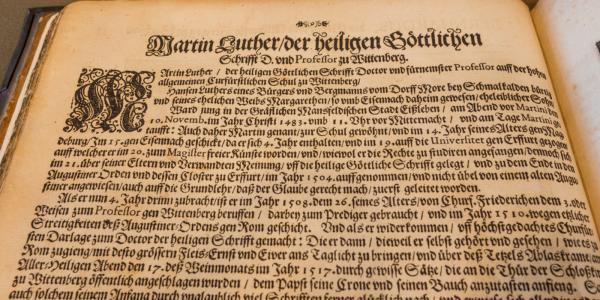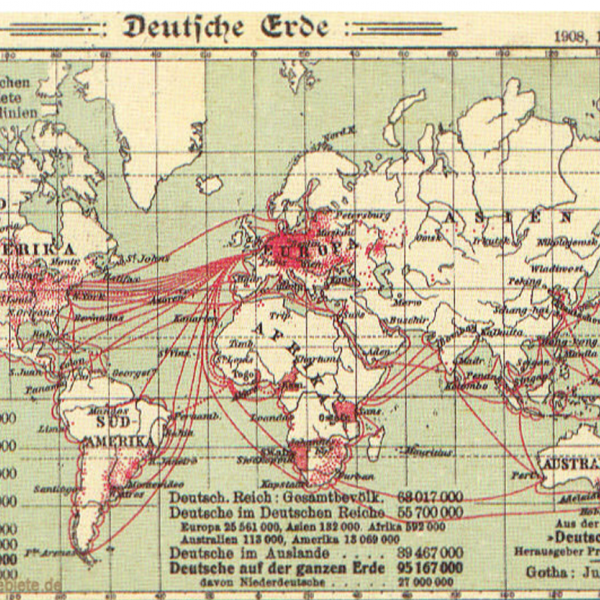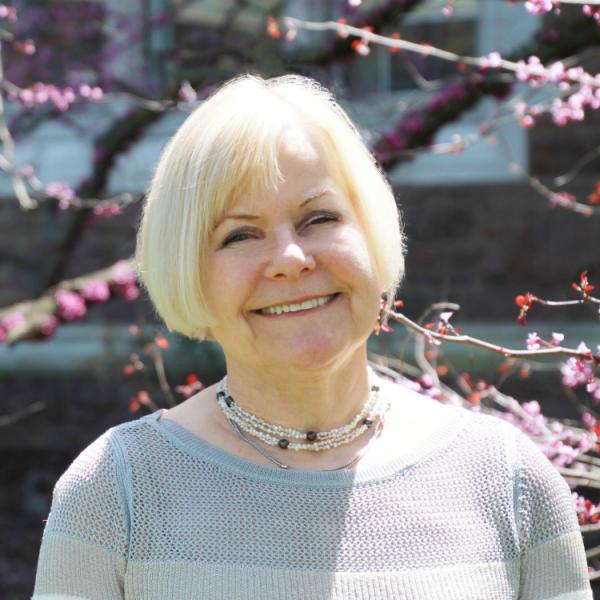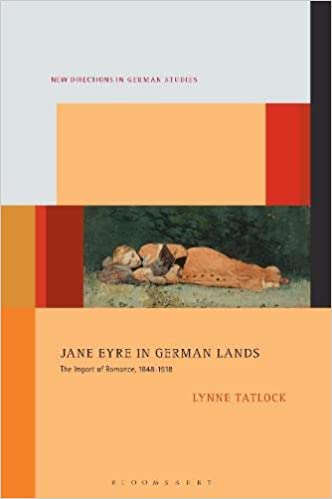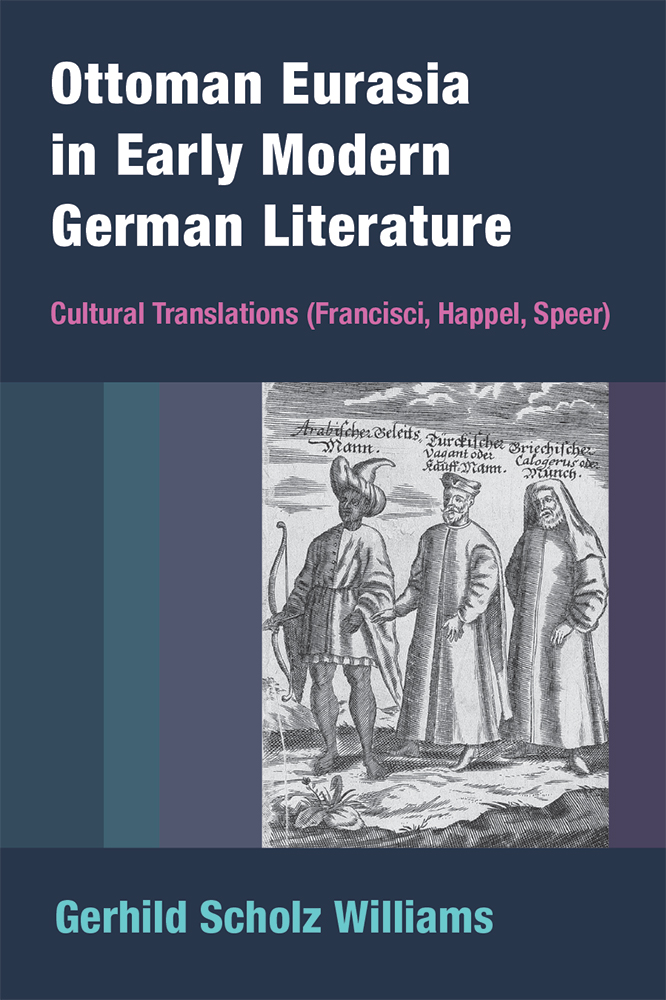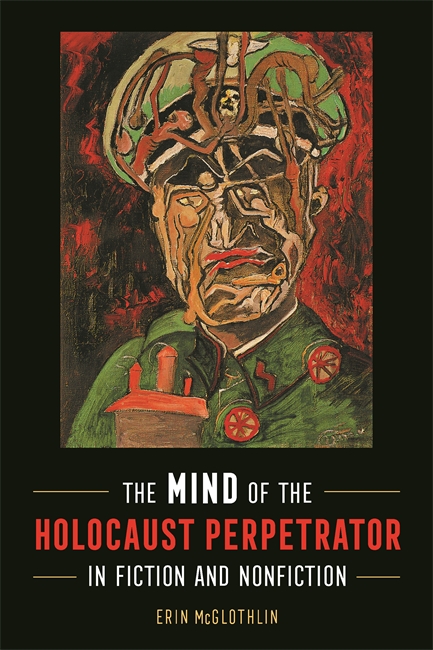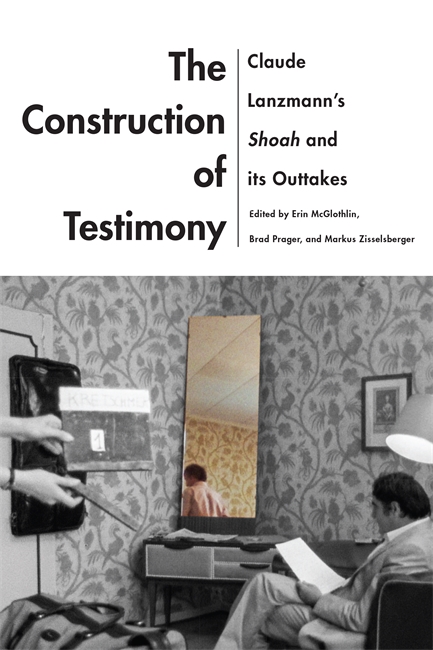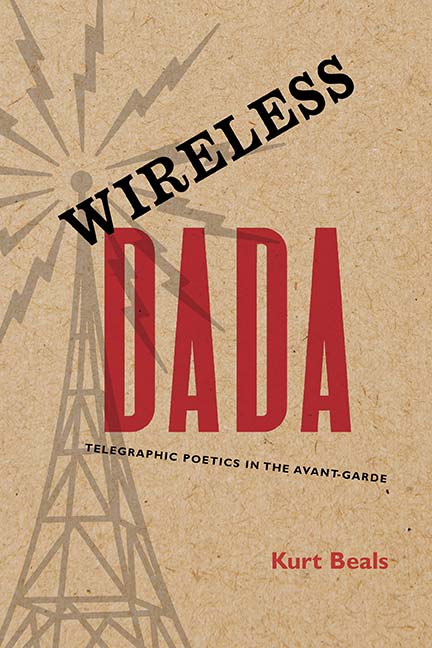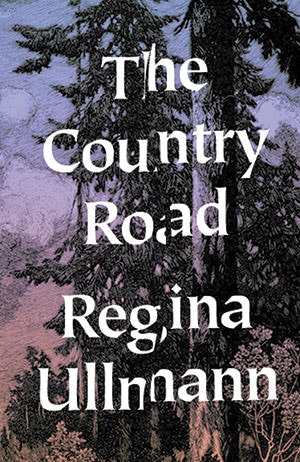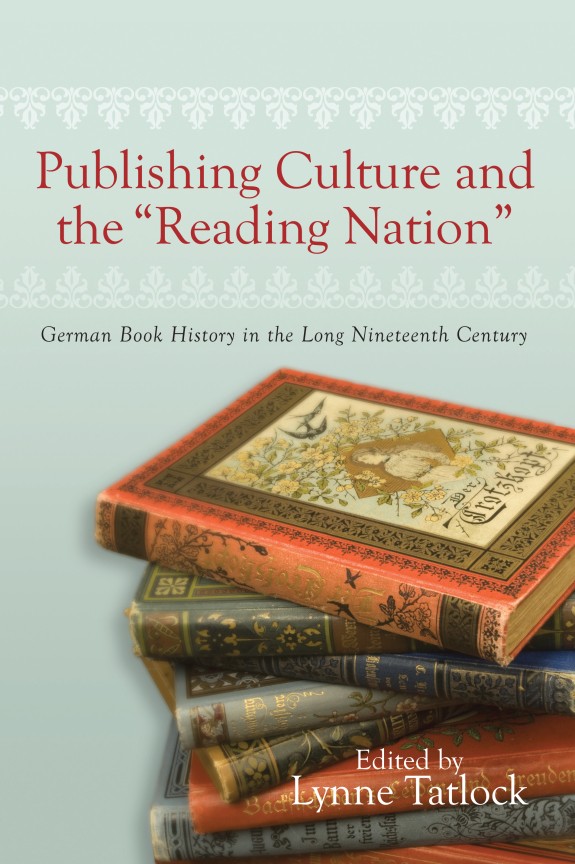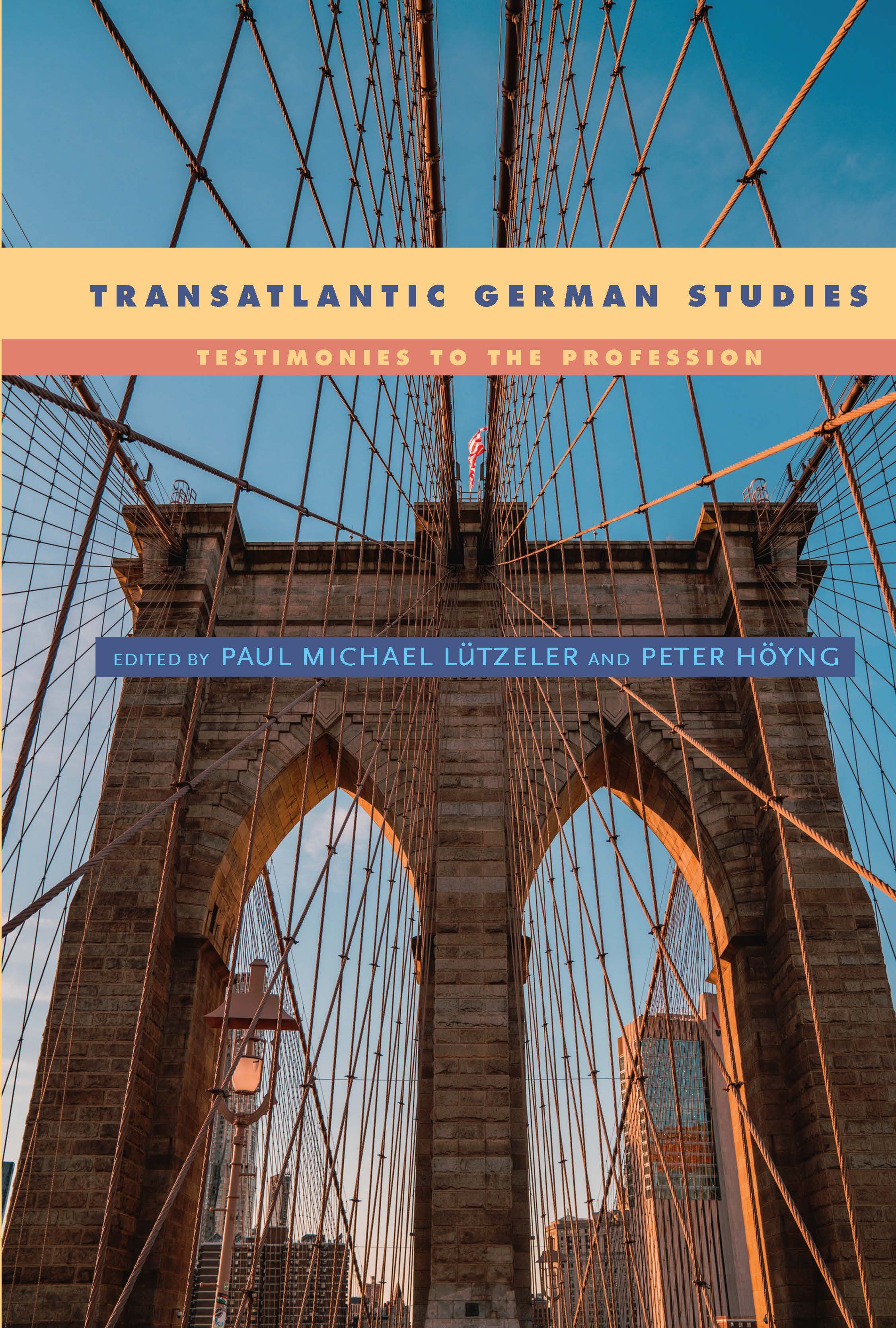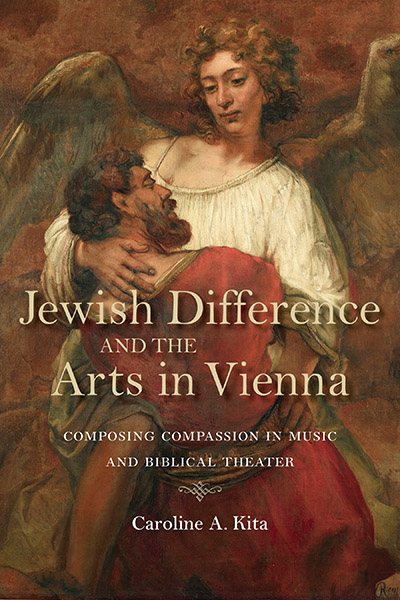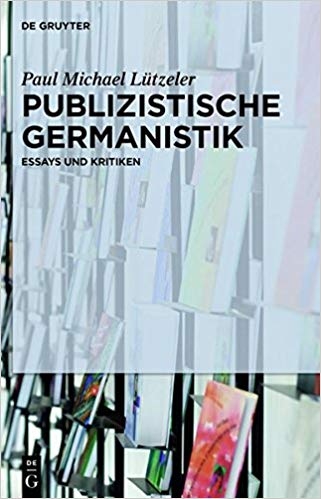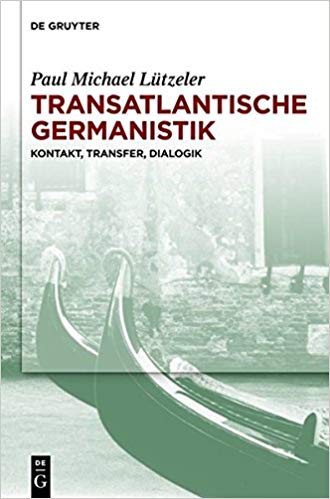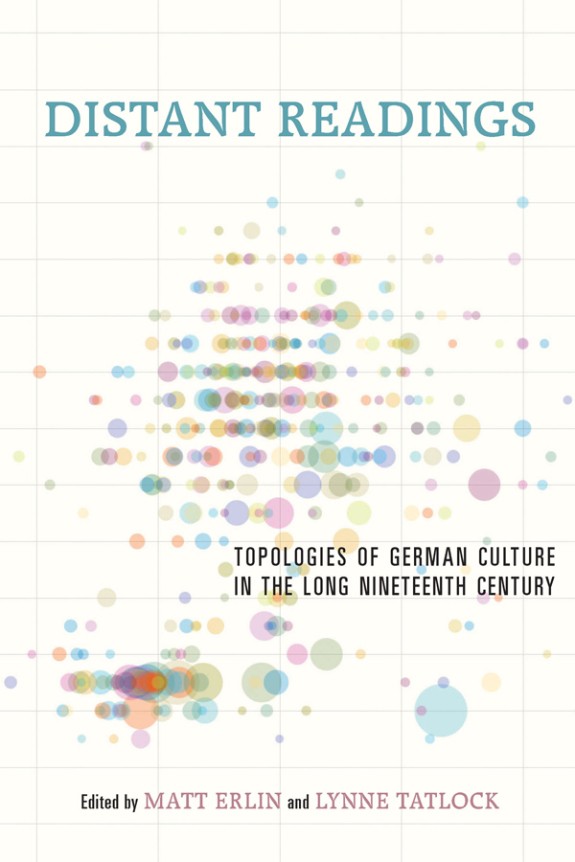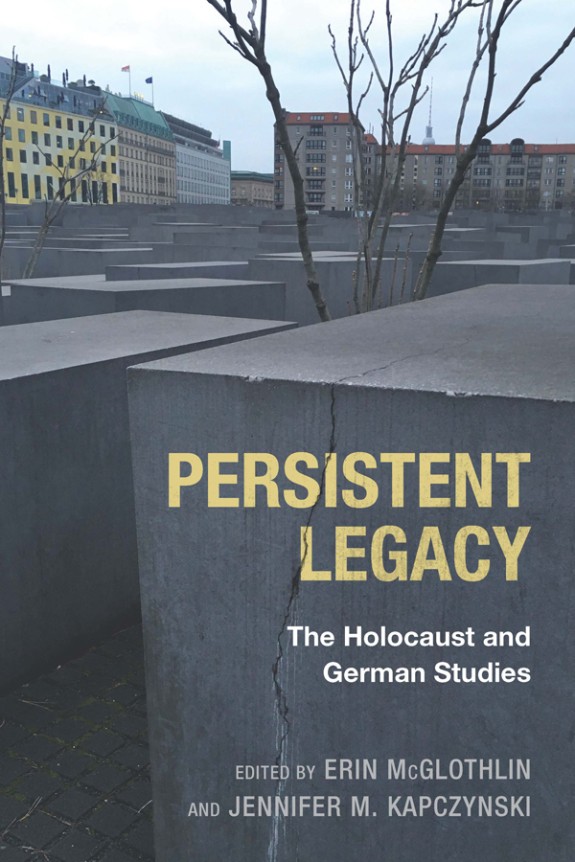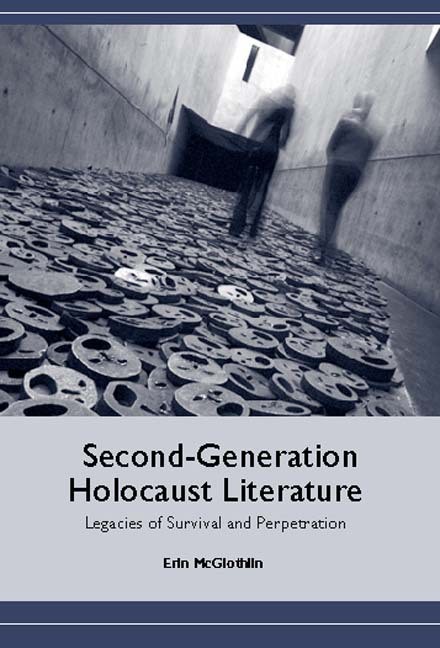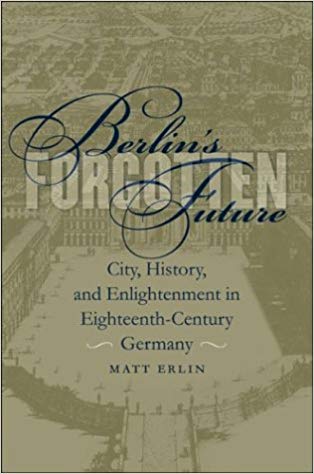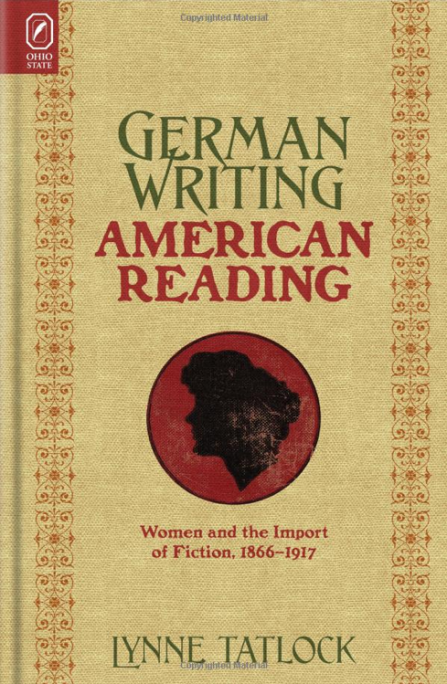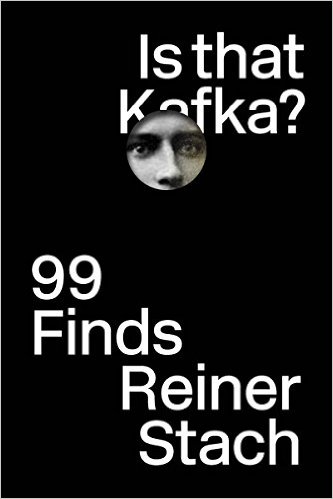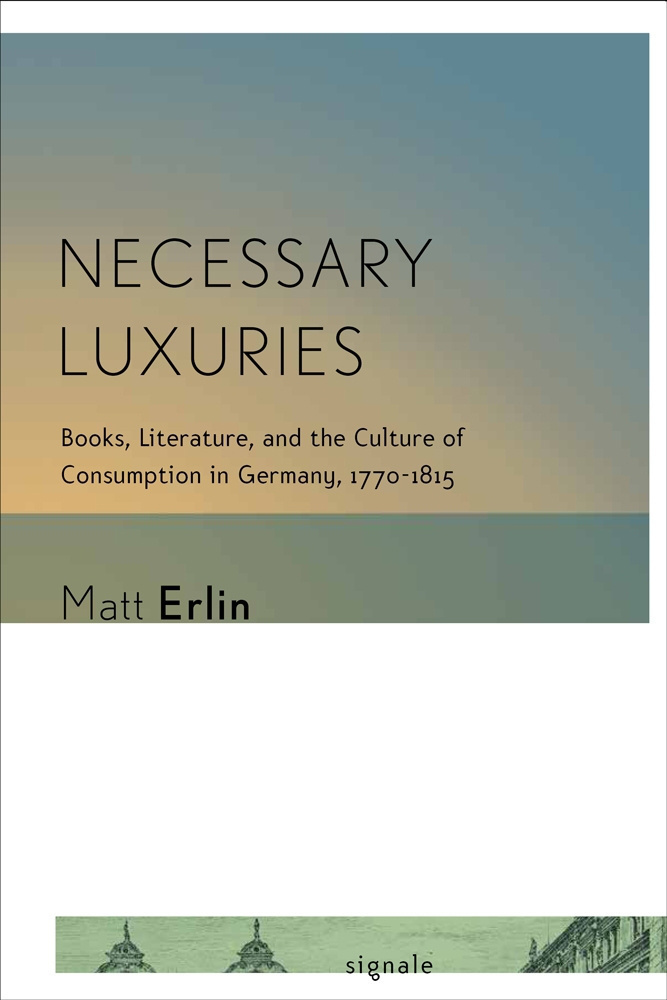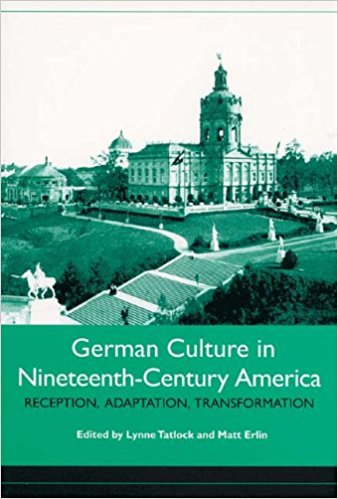Scholars at Work
Our faculty's scholarly expertise spans subjects and centuries. In addition to publishing articles and books, they regularly share their work with fellow scholars through lectures, conferences, and symposia at Washington University and around the country.
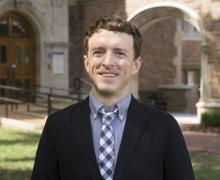 Kurt Beals
Kurt Beals
This year has been a productive one for me. I completed the manuscript for my book, Wireless Dada: Telegraphic Poetics in the Avant-Garde, which has been accepted for publication by Northwestern University Press and is scheduled to appear in 2019. I also published an article on post-WWII information poetics, “‘Do the new poets think? It’s possible’: Computer Poetry and Cyborg Subjectivity,” in Configurations, the official publication of the Society for Literature, Science, and the Arts (SLSA). Three other articles are completed and nearing publication in Dada/Surrealism, German Quarterly, and an edited volume on the author Max Bense. I owe this productivity in part to a few weeks spent in a cabin in Montana with no internet or phone service – a refreshing escape from the news, and a great way to focus on reading and writing. In spring 2018, I offered a new graduate seminar on Media and Experiment that addressed theoretical and aesthetic responses to new media developments in the twentieth and twenty-first centuries. We ended the semester with two sessions of conference-style presentations, and it was great to see all the hard work the students had done in the course of the semester. I also had the pleasure of directing the MA thesis of Paula Vosse, our exchange student from Cologne, who wrote about the media philosophy of Heinrich Eduard Jacobs’ 1929 novel Blut und Zelluloid.
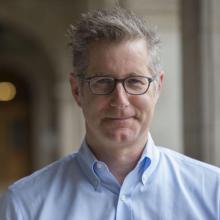 Matt Erlin
Matt Erlin
As hard as it is to believe, my time as Chair of the department is ending. I look forward to passing the baton this summer and transitioning into a new phase of my professional life, which will also include a research leave to focus on some digital humanities projects. 2018 was an eventful year, which included trips to Geneva to discuss my work on luxury in the eighteenth century and to Montreal, where I presented a new multilingual digital project on Kafka translations. Also rewarding has been the collaborative work I undertook with Lynne Tatlock, Doug Knox, and Steve Pentecost and that resulted in the publication of our essay on gendered reading formations, which appeared in The Journal of Cultural Analytics. Collaboration has been central to my teaching as well. In spring 2018 I had the pleasure of working together with Melanie Walsh from the English department on a seminar entitled “Essential Readings in Digital Humanities.” The title is a bit of a misnomer, since the course actually included an innovative lab component that provided students with hands-on experience using a variety of digital tools. I also coordinated Washington University’s very first Summer Humanities Institute for high school students. Over the course of two action-packed weeks, seventeen high school students met with eleven different faculty members to discuss various aspects of the relationship between politics and the arts. This past fall I ended a long hiatus and taught Business German for the first time since 2014. My Chair’s activities included the usual mix of searches, graduate student recruitment, curriculum development, event planning, and general crisis management. 2018 was somewhat unique, however, in that I had the pleasure of communicating with and/or seeing an unusually large number of alums, both on- and off-campus, including at the epic party we threw at the German Studies Association conference in Pittsburgh.
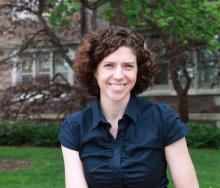 Caroline Kita
Caroline Kita
I spent the spring semester of 2018 as a Faculty Fellow at Washington University’s Center for the Humanities, working on my new book project on radio in German and Austrian culture following the end of the Second World War. In this project, I trace how the radio made its uneasy transition from propaganda tool of fascism to pluralist space of democratic ideals by analyzing text and sound in seven narrative radio dramas written and produced between 1945 and 1961. At the Center for the Humanities, I completed two articles, one on Ingeborg Bachmann’s radio drama, “Ein Geschäft mit Träumen,” which will appear in the Journal of Austrian Studies in 2019 and another entitled “Simultaneity and the Soundscapes of Audio Fiction” for an edited volume that is currently under review with Ohio University Press. In April 2018, I co-organized with Jennifer Kapczynski, the 24th Biennial St. Louis Symposium on German Literature and Culture, entitled The Arts of Democratization: Styling Political Sensibilities in Post-War West Germany. We are editing a volume of essays based on the presentations at this symposium, which is currently under review. This summer I had the opportunity to participate in the biennial Radio Conference in Prato, Italy and to continue my archival research at the Nordwestdeutscher Rundfunk in Hamburg. In fall, I taught a course for advanced undergraduates based on my new book project entitled, Reading Radio: The Sounds of German History and Culture. Students in the course produced their own radio dramas at the end of the semester inspired by the works we listened to in class. I’m looking forward to seeing my book, Jewish Difference and the Arts in Vienna: Composing Compassion in Music and Biblical Drama, appear with Indiana University Press this coming April.
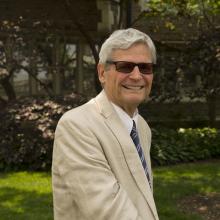 Paul Michael Lützeler
Paul Michael Lützeler
In 2018, I taught the undergraduate course German 340 (German Literature in the Modern Era, in English) and the graduate course on German Exile Literature 1933-1945. The graduate students did good work and are composing a collective paper for a workshop. I was the first reader of the master thesis on Schiller written by Kalle Nyman, as well as on two qualifying exam committees in German and Comparative Literature. I was the chair of Darina Stamova’s dissertation committee, and she successfully defended her thesis on Uwe Timm. Several of my lectures both at universities in Europe (Bielefeld, Klagenfurt, Barcelona, Munich) as well as in the US (ACLA convention at UCLA) had to do with different aspects of the literary discourse on Europe. On the occasion of my 75th birthday, I received a Festschrift on this topic, and it was handed over during the dedication celebration of the Mike Lützeler Contemporary German Literature Collection organized by the German Department and Olin Library. Other lectures: on the role of professional organizations (MLA, GSA) at Universität Tübingen and during the GSA conference; on Hermann Broch during the 24th St. Louis Symposium on German Literature and Culture, at the Akademie der Wissenschaften in Mainz, at a Broch symposium on the Monte Verità in Ascona/Switzerland (which I co-organized in my role as President of the Internationale Arbeitskreis Hermann Broch), and at the Deutsche Nationalbibliothek in Frankfurt. I edited: Hermann Broch und Frank Thiess (Briefwechsel); Transatlantic German Studies (with Peter Höying). As director of the Max Kade Center, I invited the critic Tobias Rüther and the writer Silke Scheuermann, and I edited the 17th volume of the yearbook Gegenwartsliteratur, with a focus on Emine Sevgi Özdamar. I am also the mentor of the VolkswagenStiftung postdoc who is here this academic year, Hannes Höfer, from the University of Jena. As president of the American Friends of Marbach, I completed a fund drive ($24,000) to establish the Egon Schwarz Summer Grant.
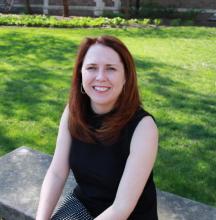 Erin McGlothlin
Erin McGlothlin
2018 was a particularly busy year for me in terms of international travel and engagement, especially (but not exclusively) in the field of Holocaust Studies. In March, I traveled to Jerusalem for the Notre Dame German-Jewish Studies Workshop (the first time that event has been held in Israel); in April, I presented at the Narrative Conference in Montréal; in September, I gave a paper at The Joys of Violence conference at Uppsala University in Sweden; and in October, I presented at The Ethics of Survival conference at the Universität Erlangen-Nürnberg in Germany. Moreover, I, along with my colleague in history, Professor Anika Walke, repeated our Focus program for first-year undergraduate students on the history, memory and representation of the Holocaust. After participating in a year-long seminar that included a course on the history of the Holocaust with Professor Walke and one on Holocaust literature and film taught by me, the students, along with Hannah Dinkel (our graduate student liaison), Professor Walke and me, embarked on a two-week trip in May to Holocaust-related sites in Germany, Poland and Lithuania.
My domestic engagement with Holocaust Studies was also quite active. In June, I was an instructor at the two-week Holocaust Educational Foundation Annual Summer Institute for Faculty on the Holocaust and Jewish Civilization at Northwestern University. In November, I was co-chair (with Jan Grabowski from the University of Ottawa) and co-host (with Anika Walke) of the 15th biennial Lessons and Legacies of the Holocaust conference, which was held in St. Louis and which featured over 300 scholars of the Holocaust from all over the world. Finally, later that month, I gave the Kristallnacht memorial lecture at the University of Massachusetts Institute for Holocaust, Genocide, and Memory Studies.
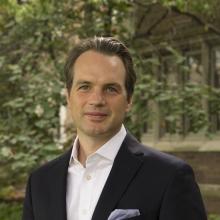 Christian Schneider
Christian Schneider
I like to call 2018 my “senior year”—“senior” because it was my fourth year at Washington University. The date of my “graduation,” however, was not May 18; it was March 2. That is the day I learned that I was to be granted tenure and promoted to Associate Professor. The happy news coincided with another important event that I, together with Gerhild Williams, had been looking forward to (and preparing) for quite some time: the 8th International Conference “Frühe Neuzeit Interdisziplinär.” On the occasion of the 400th anniversary of the outbreak of the Thirty Years’ War, over eighty colleagues from different parts of the world joined Gerhild, Sigrun Haude (University of Cincinnati) and me on the Danforth Campus in order to reflect on “War and Peace in the Early Modern Lands.” Toward the end of spring semester, I started preparing for what would hopefully be the very last academic exam of my life: the lecture before the “Habilitationskonferenz” of my alma mater, the University of Heidelberg. The one moment I will not forget was when, following my presentation, the discussion, and the secret ballot, the doors swung open again and, as I was called in, the entire professoriate of the “Neuphilologische Fakultät” stood up—I knew I had passed! In the fall, I had the opportunity to attend three interesting conferences. Particularly stimulating was a one-day workshop on “Temporalities and Premodernities” at the University of Michigan in October. My biggest challenge of that semester, albeit in a good way, was teaching a course on Classical to Renaissance literature—from Homer to Shakespeare—which was based in the Interdisciplinary Project in the Humanities program. It was a small but rewarding class, and I consider myself fortunate to work at a place where I have the chance to teach courses and work with students that help me to see the “objects” of my own research as a medievalist with fresh eyes.
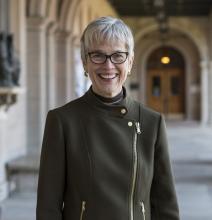 Lynne Tatlock
Lynne Tatlock
Nothing is slowing down here at Washington University—and we prefer it that way! I continue to maintain mutually enriching academic commitments—Comparative Literature, which I direct, and the German Department, my university home. An exhilarating aspect of my work for Comparative Literature remains co-teaching “Literature in the Making” with the German writer Matthias Göritz. On the German side, I’ve maintained my research and teaching interests in the long nineteenth century and especially enjoyed teaching a new iteration of “Violence, Crime, Community, and their Literary Genres” this past fall. While pursuing several nineteenth-century projects—including a digital humanities project with Matt Erlin on late nineteenth-century American reading—I maintained a toehold in the seventeenth-century with work on Catharina Regina von Greiffenberg, this time her poetic response to the fourth Austro-Turkish War and participated in the triennial conference of Frühe Neuzeit Interdisziplinär, which took place at Washington University (March 2018) and was organized by Gerhild Williams, Sigrun Haude, and Christian Schneider. Last spring gave me particular cause to rejoice, when four students with nineteenth-century research interests, with whom I’d had the privilege to work, secured tenure-track positions—Angineh Djavadghazaryans, Ervin Malakaj, Shane Peterson, and Sarah Varela. This September I received the Distinguished Faculty Leadership Award in Arts and Sciences. Such recognition does not fall upon a person like grace, but requires a nomination and a justification. I thank the German Department for nominating me and especially Matt Erlin and Erin McGlothlin who made that effort. The award provided me with the occasion to recall what I owe to the German Department generally and what I learned from the three chairs who preceded me—Jim Poag, Mike Lützeler, and Gerhild Williams—and from all the colleagues and students who have come and gone over these three and more decades.
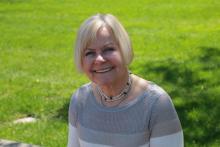 Gerhild Williams
Gerhild Williams
In November 2018, I presented at the Sixteenth Century Studies Conference (SCSC) in Albuquerque on The Year 1664: Exploring Contradictions in two Pamphlets about the Turk (Erasmus Francisci).
The volume in honor of Jill Bepler upon her retirement as Associate Director of the Herzog August Bibliothek (HAB) in Wolfenbüttel, Germany, on the topic of Lesen und Schreiben: Frauen / Bücher – Höfe. Reading and Writing: Women Books – Courts has been published by Harrassowitz, Wiesbaden in March 2018. I am one of the co-editors and I contributed an essay on Varieties of Agency: Writing Women across the Ottoman Empire (16th -17th c.).
In March 2018, Christian Schneider and I co-organized an international conference on War and Peace, commemorating the Thirty Years War (1618-1648). It was hosted on the Washington University campus by the FNI (Frühe Neuzeit Interdisziplinär – Early Modern Interdisciplinary) of which I am president. Currently, we are preparing selected essays (17) for publication.
Alongside various conference essays, I made good progress on my larger project on Ottoman Eurasia entitled Ottoman Eurasia in Early Modern German Literature: Cultural Translations (Francisci, Happel, Speer).
My work on the administrative side of my appointment continues unabated. We completed the new Pathways accreditation process (Fall 2018) by sending the electronic report on November 20, 2018 to the Higher Learning Commission, our regional accreditor located in Chicago. We received an exceptionally positive response which informed us that we had “passed” all criteria for accreditation. This means that Chancellor Mark Wrighton has a great review of the state of the University before he hands over the reins of the office to his successor Andrew Martin in June 2019.

